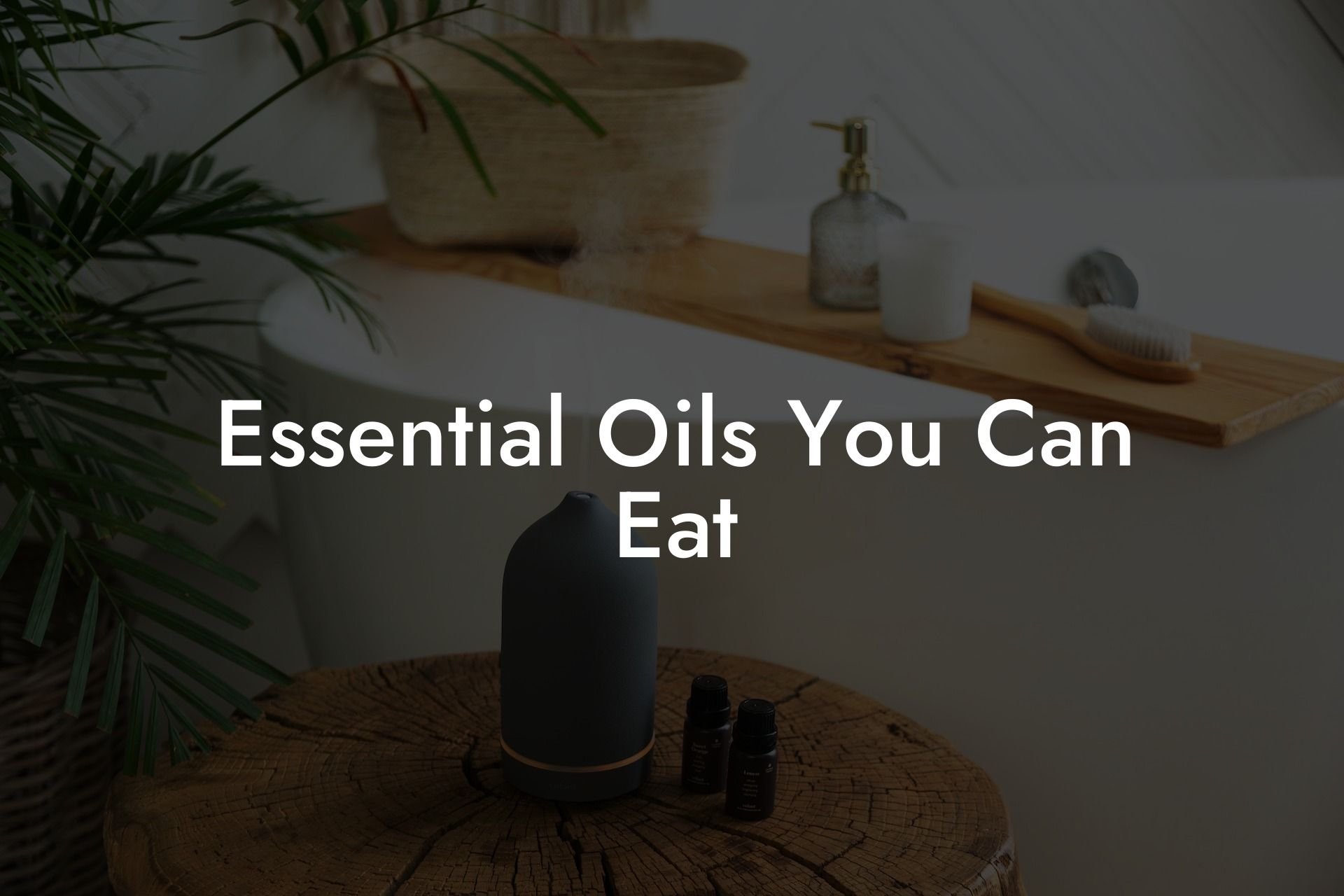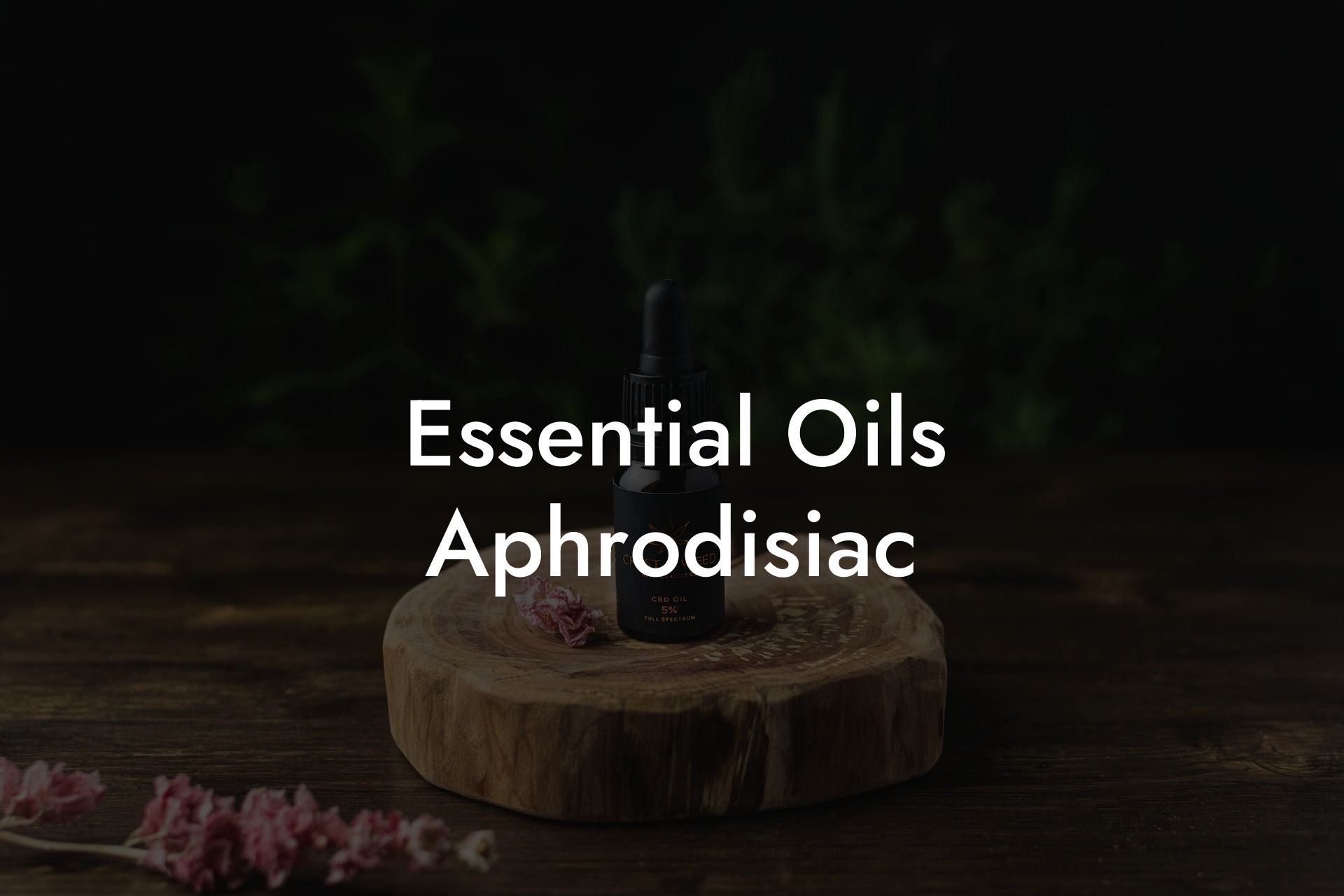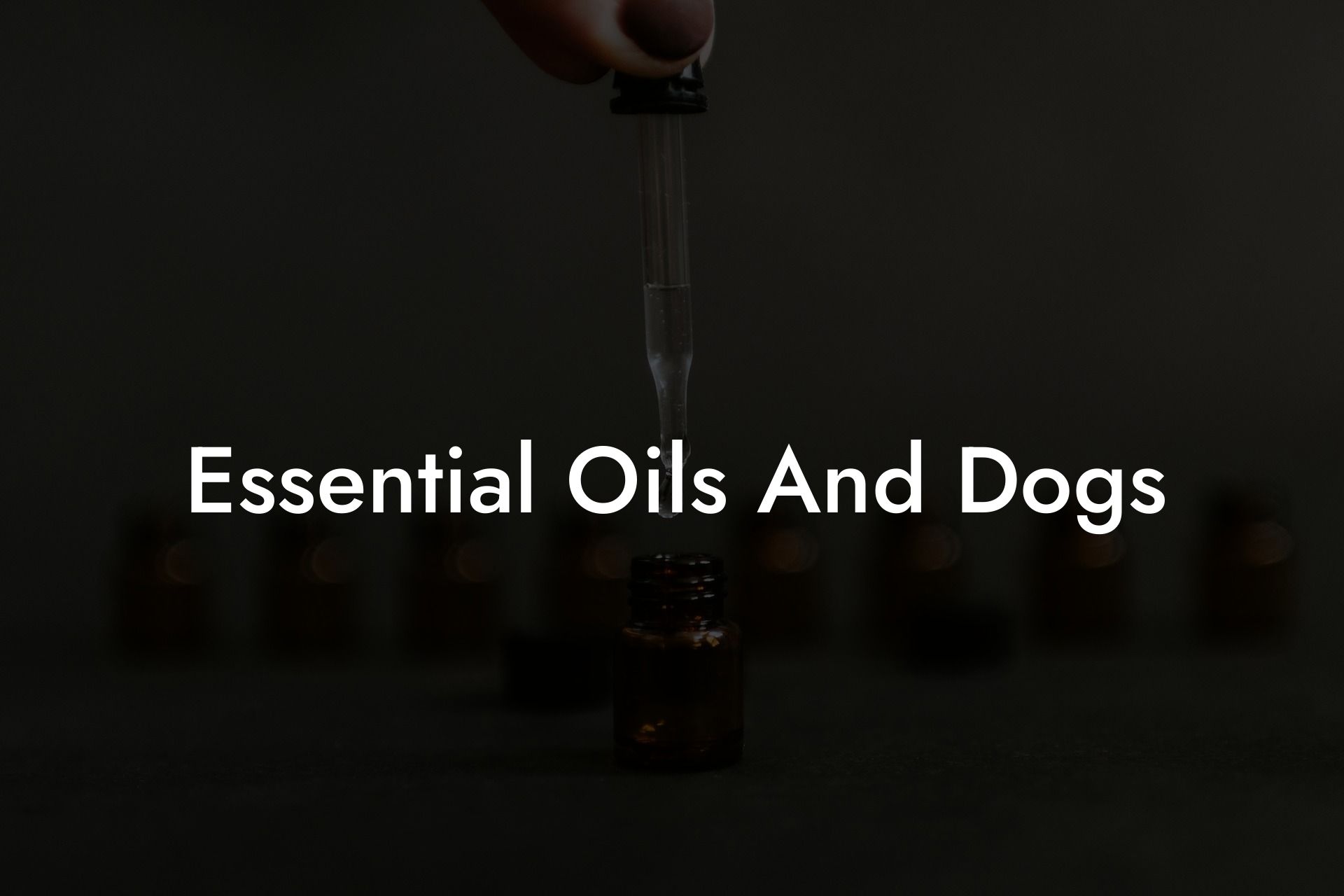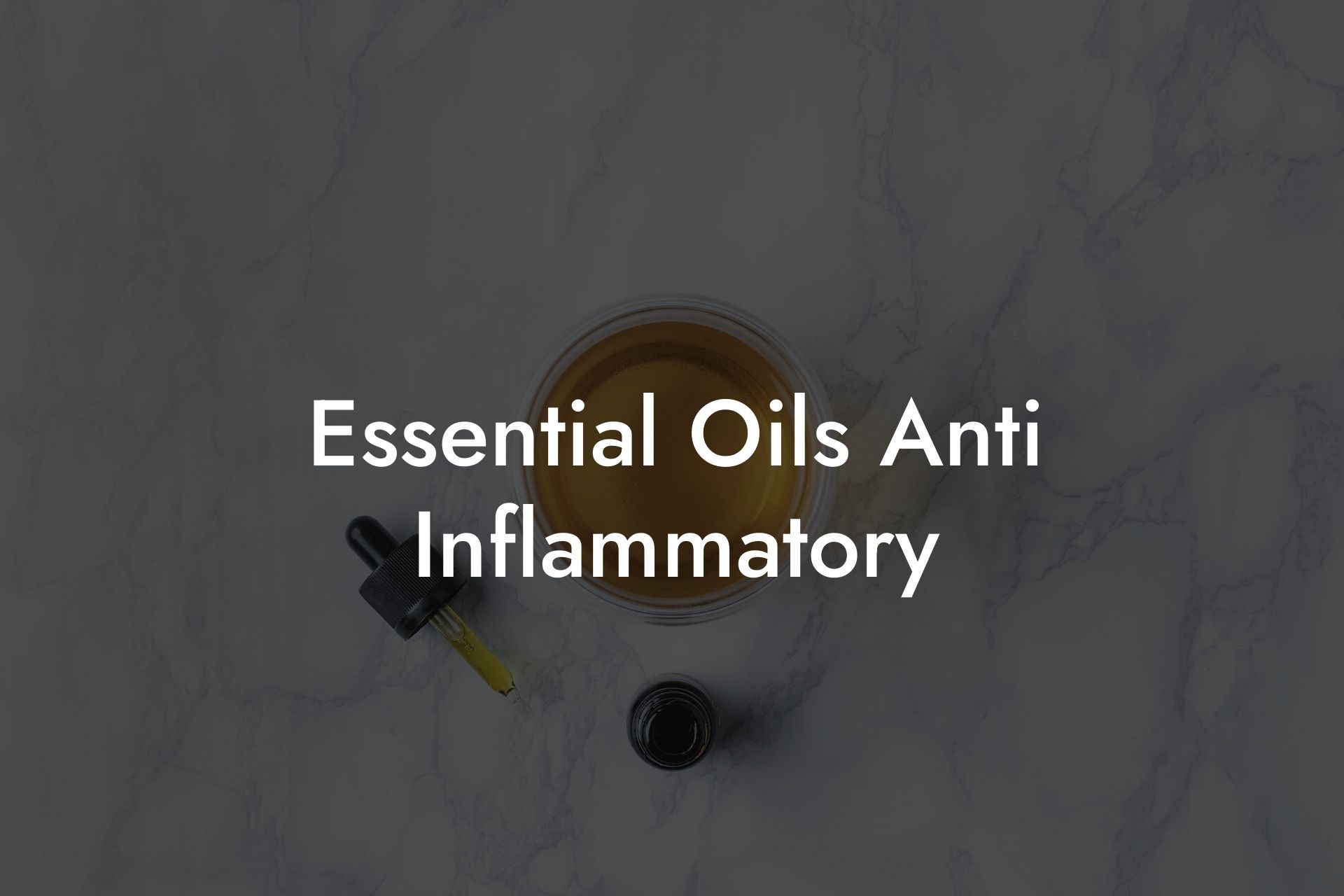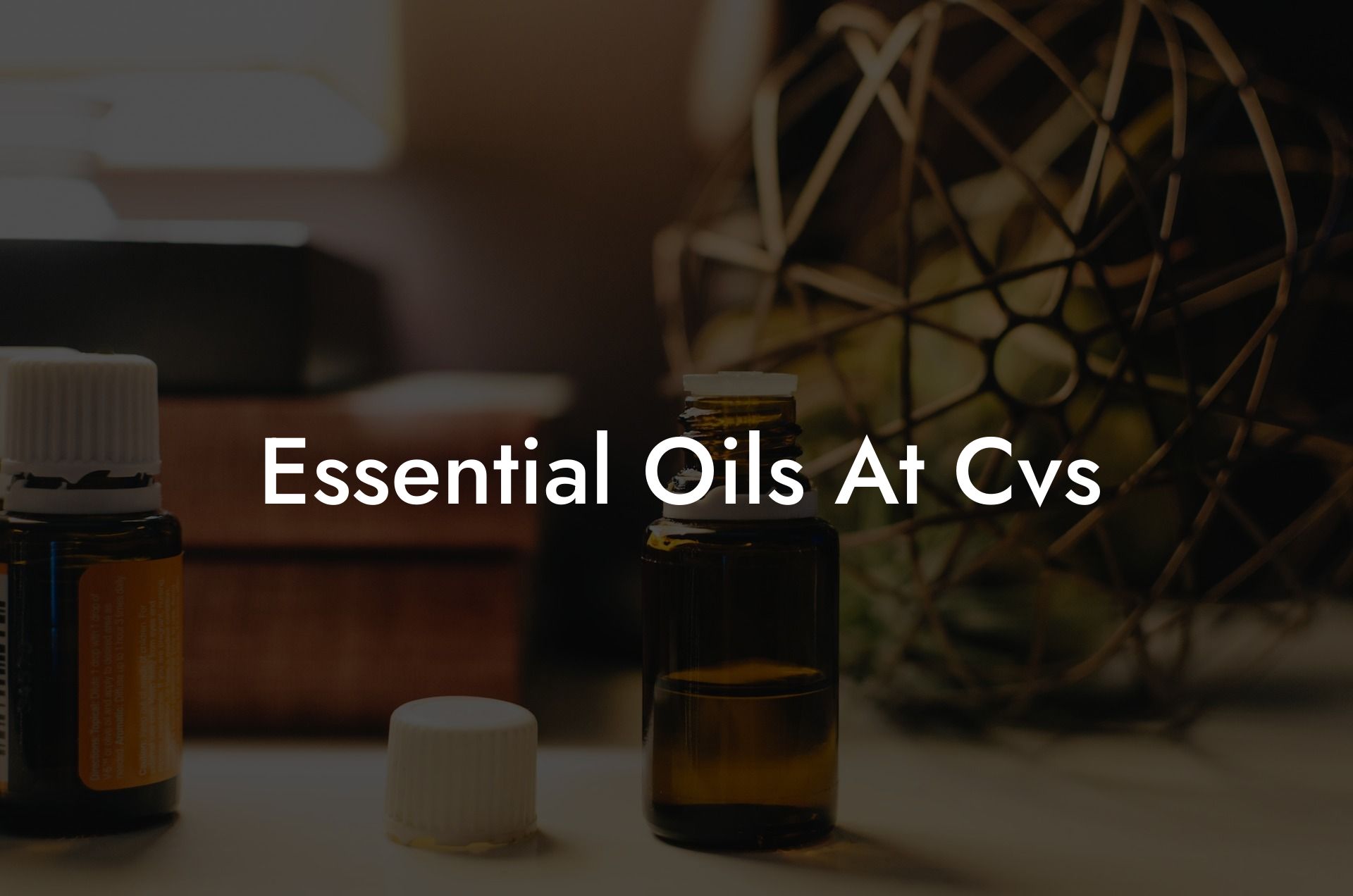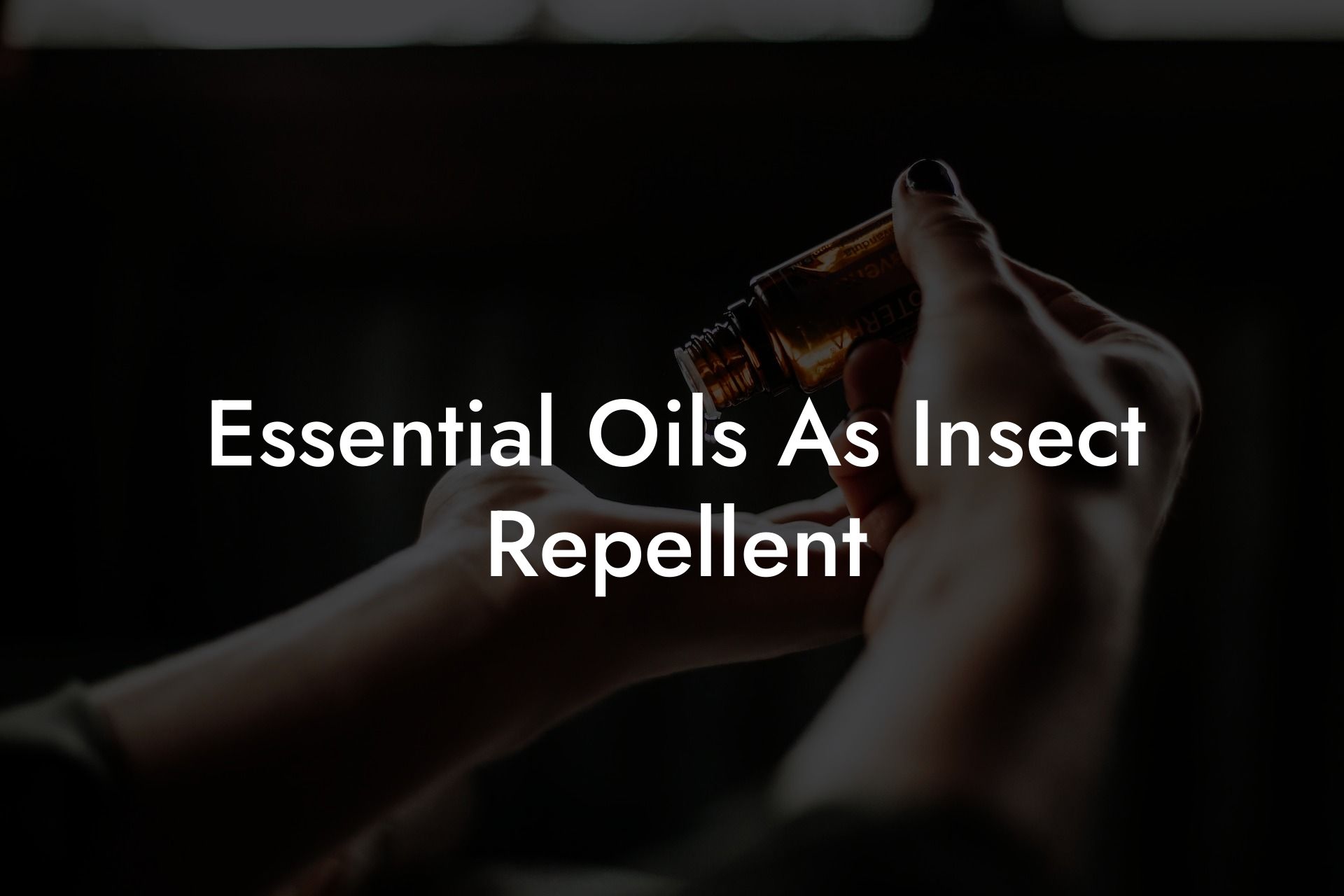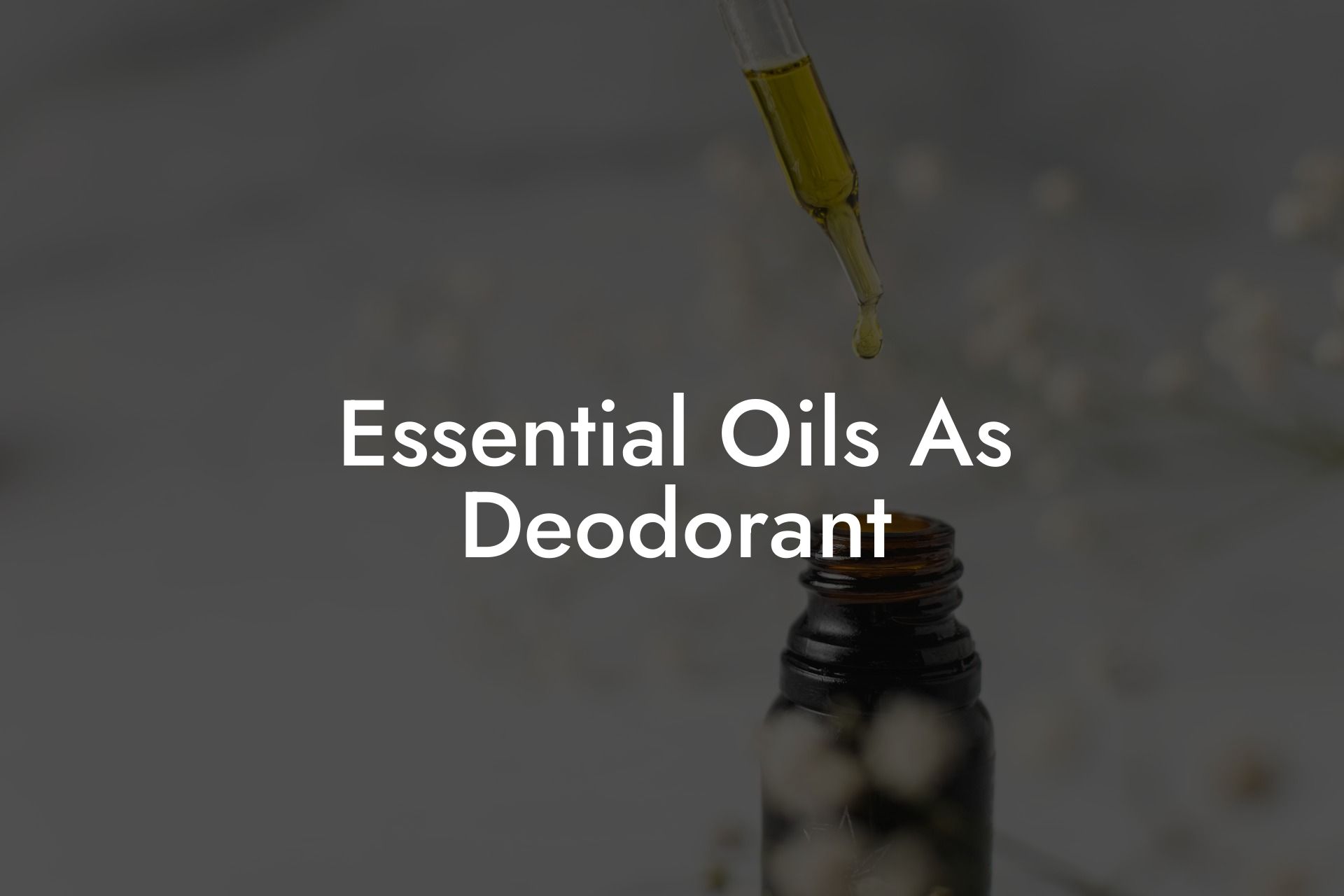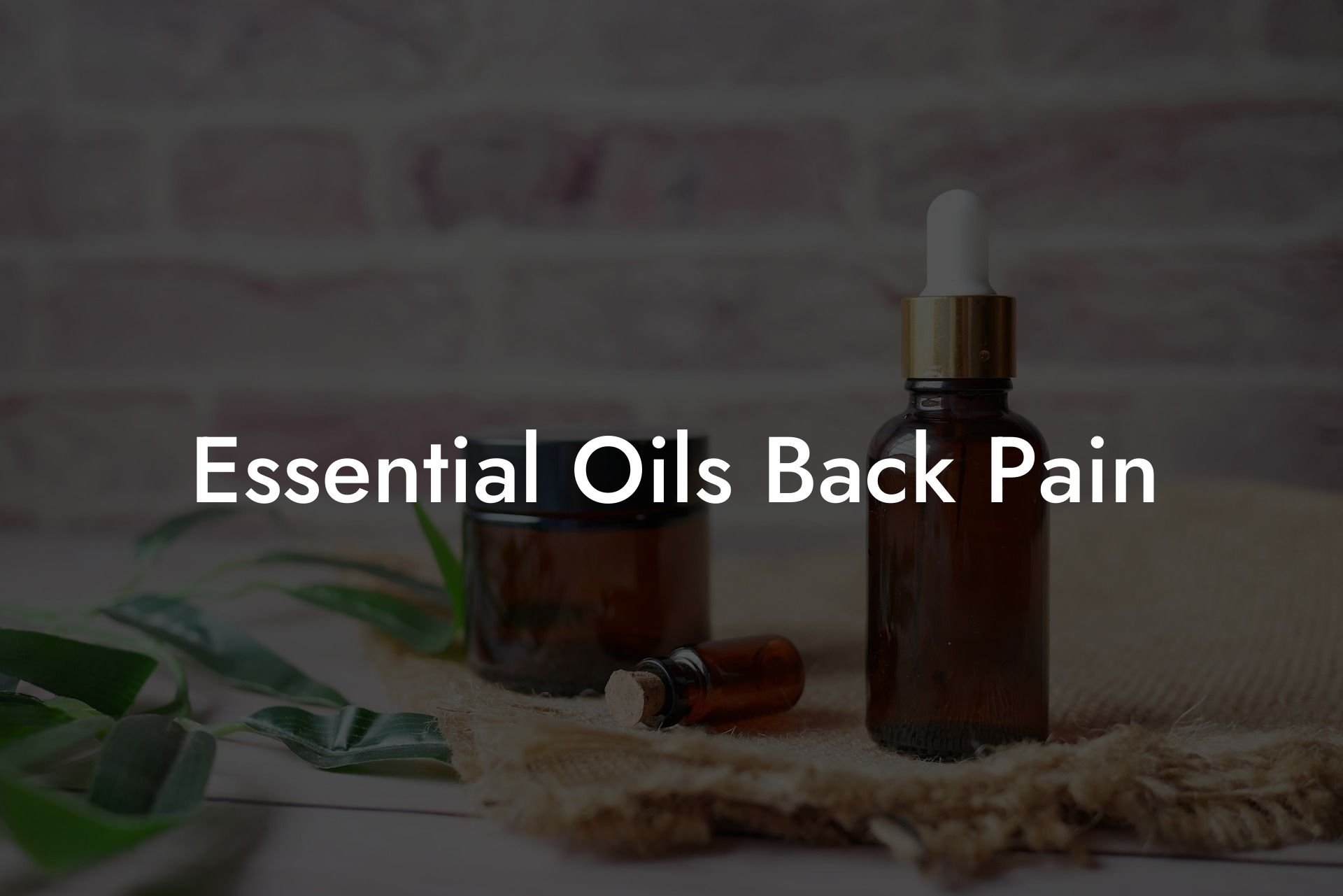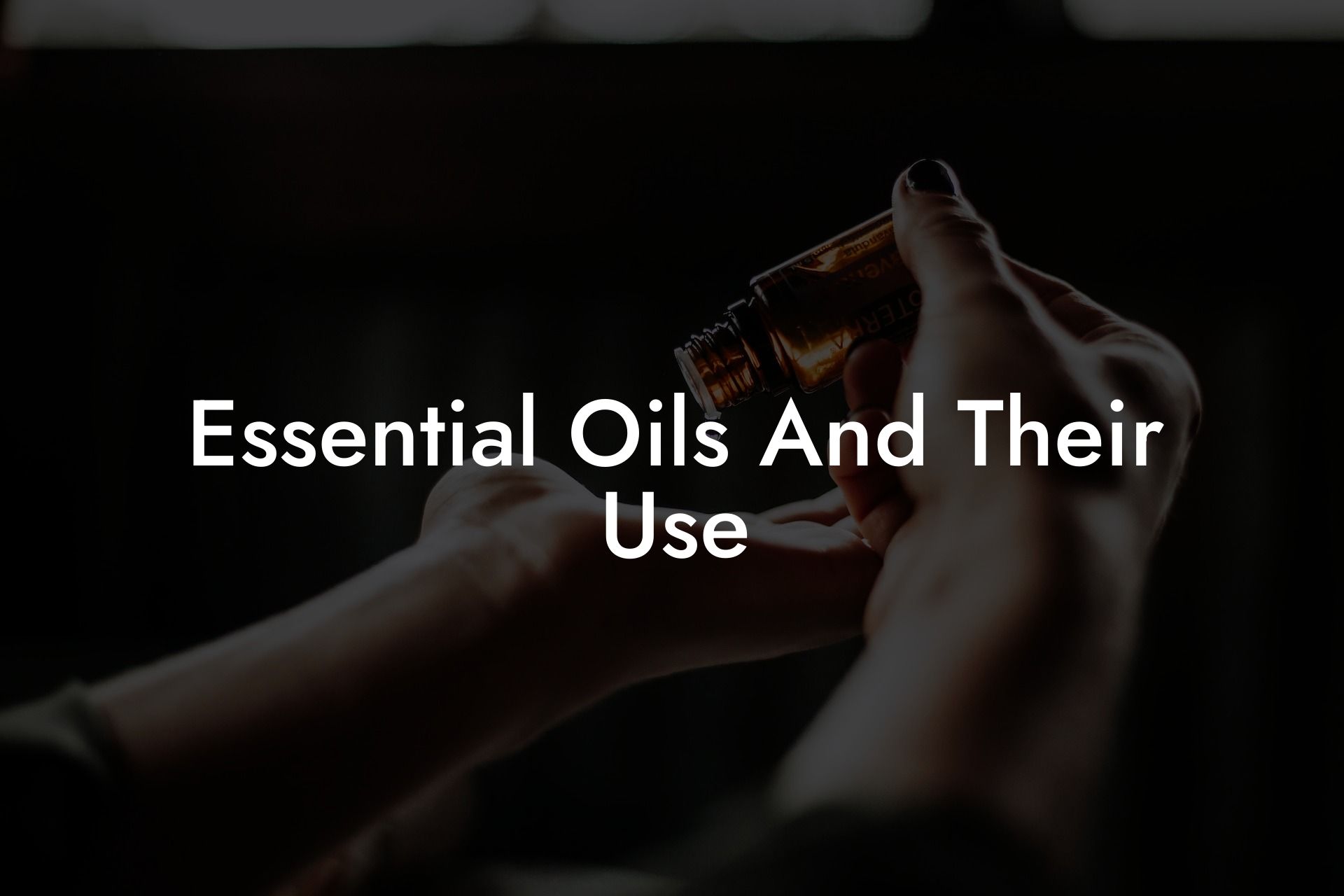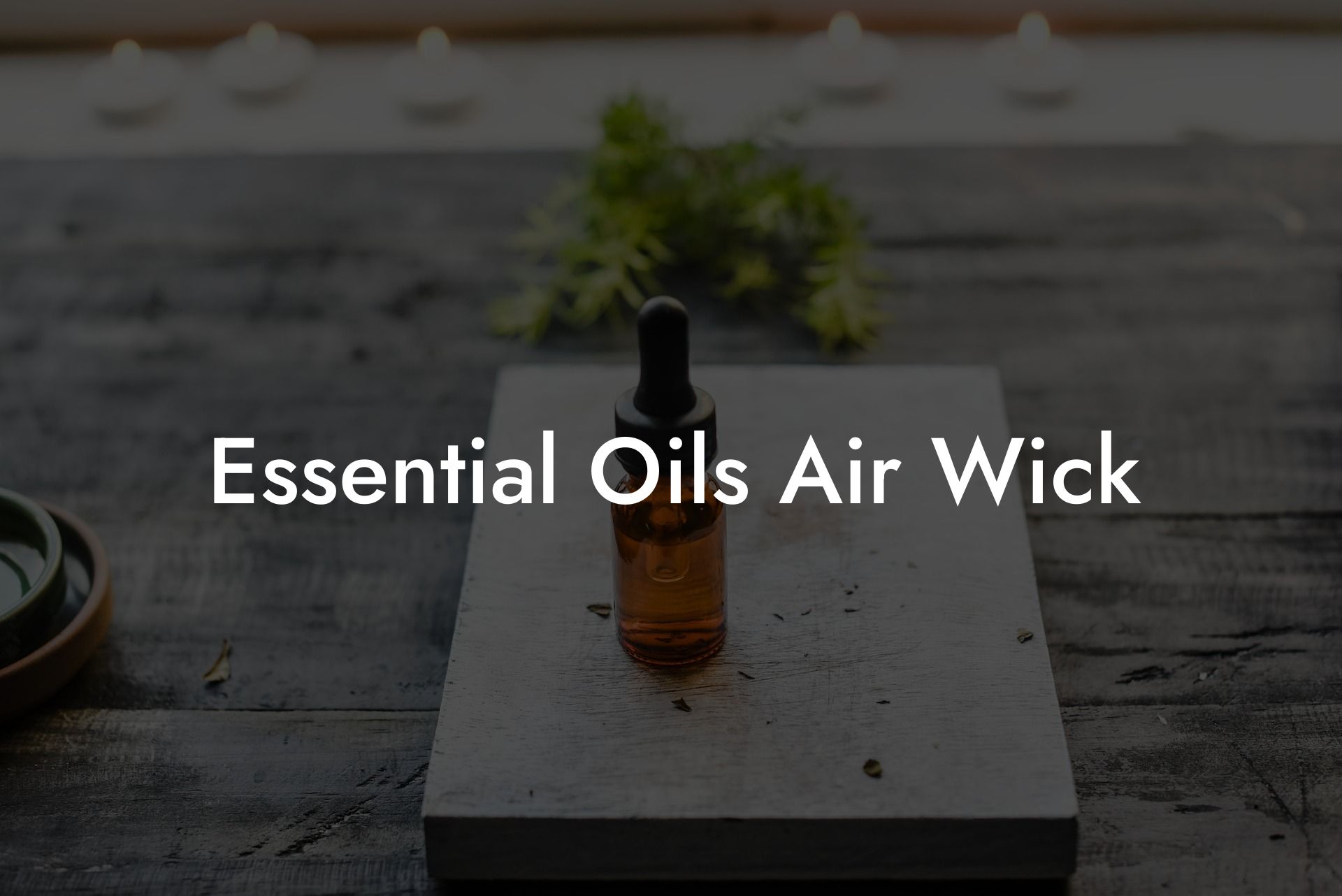Discover the world of essential oils you can eat for culinary and health purposes. Unlock the secrets to enhancing the flavors in your cooking, while reaping numerous health benefits that come along with these natural wonders.
Table of Contents
Understanding Food Grade Essential Oils
Not all essential oils are created equal. When it comes to consuming essential oils, you want to ensure that they are food grade, meaning they are high-quality, have no added solvents, and are free of contaminants. Look for products that specifically mention their suitability for edible use, and consider consulting a certified aromatherapist or registered dietitian before starting to cook with essential oils.
The Top 5 Essential Oils You Can Eat
Exploring the world of culinary essential oils can be an exciting adventure. Here, we’ll look at five popular food-safe essential oils that you can incorporate into your kitchen creations:
- Lemon: With its zesty and refreshing aroma, lemon essential oil is perfect for adding a citrusy kick to your dishes. Its rich antioxidant content can provide immune support and promote digestion, making it a great choice for your overall wellbeing.
- Peppermint: Known for its cooling and invigorating properties, peppermint essential oil can help improve digestion, ease headaches, and boost focus. Add a drop or two into your morning coffee or tea for an energizing start to the day.
- Lavender: The soothing and calming properties of lavender make it an excellent addition to sweet treats, like cookies and cakes, or even to a cup of warm herbal tea. Lavender essential oil can also help take the edge off of anxiety, stress, and sleepless nights.
- Ginger: With its warm and spicy flavor, ginger essential oil helps support digestive health, reduce inflammation, and ease discomfort. Try adding it to soups, stews, or even your favorite smoothies for nutritional benefits alongside an extra kick in taste.
- Oregano: A staple herb for Italian cuisine, oregano essential oil boasts powerful antibacterial and antifungal properties. This flavorful oil can take your homemade pizza or pasta sauce to the next level, while being kind to your digestive system.
Important Tips for Cooking with Essential Oils
- Start with a small amount, a drop or two goes a long way. It’s easier to add more flavor than to counterbalance an overpowering taste.
- Use high-quality, food-grade essential oils only.
- Start with familiar flavors and explore new options as you gain confidence in using essential oils in the kitchen.
- Always remember to consult a professional before ingesting essential oils, as some may have contraindications or interactions with medications.
Essential Oils You Can Eat Example:
For a delicious, healthy, and simple lemon vinaigrette salad dressing, follow this easy recipe:
Ingredients:
– 1/4 cup extra virgin olive oil
– 1/4 cup apple cider vinegar
– 1-2 drops of high-quality, food-grade lemon essential oil
– 1 clove minced garlic
– Salt and pepper to taste
Instructions:
1. Combine all ingredients in a small mixing bowl or jar.
2. Whisk or shake vigorously until well combined.
3. Drizzle over your favorite salad and enjoy the bright, zesty flavor!
Now that you’ve learned about essential oils you can eat, you’re on your way to a culinary adventure filled with delicious and nutritious benefits. Remember to start small, use only high-quality food-grade oils, and be adventurous as you start adding these flavors into your cooking. Share this article with your fellow foodies and explore the essential oil-infused recipes together. Don’t forget to further nurture your knowledge of essential oils and their uses by reading more articles on the Oshu Oils blog and browsing our range of artisan essential oils.

